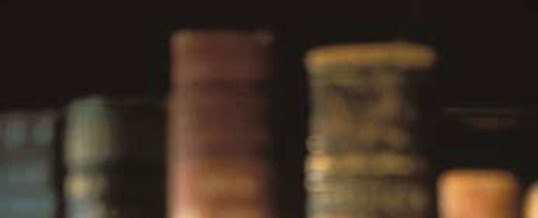
VAYAKHEL: ON HEROES AND PROCRASTINATORS
We have devoted the past few weeks to reading G-d’s instructions to the Nation of Israel for building the Mishkan (Tabernacle), the portable Holy Temple that will travel through the Sinai Desert with the nation and will follow them into the Promised Land for centuries to come. By now, all the details have been set forth with precise instructions: the types of wood and fabrics, the quantities, how they are to be constructed and connected. In this week’s Torah Portion, Vayakhel, the excitement bursts forth as the nation finally gets to build, to just do it.
Under Moshe’s divinely directed leadership, and through the aesthetic vision of Betzalel (35:30) and his chief assistant, Oholiav (v. 34), the people throng forward (35:20-29) with their gifts of materiel. Betzalel has been selected by G-d to be the central figure for this great event that restores Israel to greatness, rehabilitated from the tragic spiritual calamity evinced by the Sin of the Golden Calf. It was during the first throes of that earlier insanity that a maddened mob murdered Chur, the son of Miriam and Calev (Sotah 11b) and nephew of Moshe, who unilaterally had stood against the idolaters (Sanhedrin 7a). Now, for having been that hero who had stood alone against all odds, Chur eternally is rewarded posthumously by G-d Who has placed in the heart of Betzalel, Chur’s grandson (see Rashi on 17:10), the unique wisdom to build the Mishkan as conceived. And everyone flocks to contribute.
The outpouring of love and devotion, the extraordinary moment in a nation’s history where a building fund exceeds every imaginable possibility, unfolds. So much is donated that Moshe actually has to stop the donors from giving anything more: “The people exceeded in bringing more than the labor of work that Hashem commanded to perform. So Moshe commanded, and the word was transmitted throughout the camp, as follows: ‘Man and woman [alike] shall not do any more work towards donating to the Holy [Tabernacle’s construction].’ And they held back the nation from bringing [any more donations].” (36:5-6)
Rav Avigdor Miller, in his brilliant five-volume commentary to the Torah, is fascinated by the strong verb used in verse 6: “And they held back the nation.” The officers really had their hands full, restraining donors from bringing more acacia wood, fabrics, valuable metals. They stopped them cold. No more donations accepted. Nothing.
Rav Miller wonders about the procrastinators — and, really, don’t we all know them! I was rabbi at a previous congregation where there was this guy who always was the very last one to arrange for the sale of his Chametz before Passover. We would announce our deadline, extend it once, twice, and finally sell the Chametz that everyone had assigned me to convey. An hour or two after the non-Jew would have made the payment, conveyed the transaction garment, signed the paperwork, and exchanged with me the traditional handshake to seal the deal — this annual procrastinator would show up. Year after year. He was a serious professional in his personal life. No way could he repeatedly have missed urgent deadlines in his field of endeavor. Yet I never saw anything like this guy. Thinking about him, I even found myself unconsciously humming the advertising jingle for the “Priceline Negotiator”: The Chametz Procrastinator.
Rav Avigdor Miller wonders about the Mishkan procrastinators. While others were racing to donate gold, silver and copper, wool and ram skins and linen, making history and guaranteeing their souls a place in that history, the procrastinators relaxed, figuring they could avoid the big lines and, proverbially, drop off a check later. Yet, to paraphrase Garth Brooks, tomorrow never came. When they finally made it to the site where history would be written and the Tabernacle built with donations recorded for history, they were barred by Temple security. Moshe had given the word: Too late. You just missed history.
We all believe in, or should believe in, one or more great causes that matter, that can change the world or at least that can leave the lives of people just a little bit better than if we never had lived. The people who depend on those causes cannot wait. The children on line for a yeshiva education. The families needing social services or professional counseling. The hungry needing nutrition, the infirm needing healing, the aged needing attention. Perhaps your intended act of kindness is planned out, and you can wait. But are you sure they can wait? And are you sure that, when you finally decide to act, there will be time for you to help . . . in time for them?
Don’t miss history.
Rabbi Dov Fischer, a legal consultant and an adjunct professor of law, is a long-time member of the National Executive Committee of the Rabbinical Council of America and Rav of Young Israel of Orange County, California.
Share